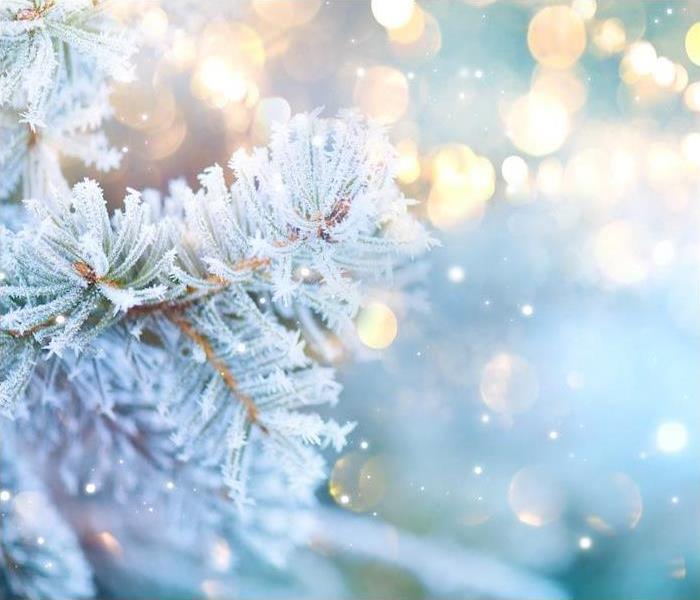Fire Prevention Tips for Winter
12/20/2019 (Permalink)
 If your home has been impacted by a fire, call us right away. We are leaders in restoration and can help you recover quickly after a fire occurs.
If your home has been impacted by a fire, call us right away. We are leaders in restoration and can help you recover quickly after a fire occurs.
Preparing for winter weather involves a lot of things, and it is important to add fire safety to that list as well.
Winter is the top time for fires to occur in homes, due to a variety of factors that contribute to making them more likely. By understanding common fire causes and prevention tips, individuals can have a safe season.
Why There Is an Uptick in House Fires
An Increase in Cooking
The NFPA findings repeatedly point to cooking as the leading reason house fires begin during all times of the year, with a sharp increase during the winter months. Being safe during cooking is an important thing to consider at any time of year, but especially during the winter.
The Risk of Heaters
Utilizing heating methods such as space heaters and wood stoves is common in the winter, but safety issues with these methods make them the second-most common fire starter as well. Making use of safety features, never leaving flames unattended and ensuring all heaters are equipped with emergency shut-offs will have a big impact in fire safety.
Candles and Decorations
Holiday decorations featuring candles and electronics are great for festive events, but it is important that they are used with caution. Never leave lit candles unattended to avoid the flame spreading to other objects. For decorations with electrical features, be sure to inspect the elements for wear and tear before use to prevent the risk of fire.
Preventing Winter Fires
Keeping winter fire safety tips in mind is an important part of having a fire-free season. Be sure to understand what events are likely to cause a fire in order to utilize extra caution, and keep these prevention tips in mind as well:
- Check smoke alarms once every 30 days and replace every 10 years.
- Always monitor open flames.
- Select space heaters with automatic shut-offs in case they tip over.
- Utilize a screen every time you use a fireplace.
- Draft and practice an emergency escape plan with your household.





 24/7 Emergency Service
24/7 Emergency Service